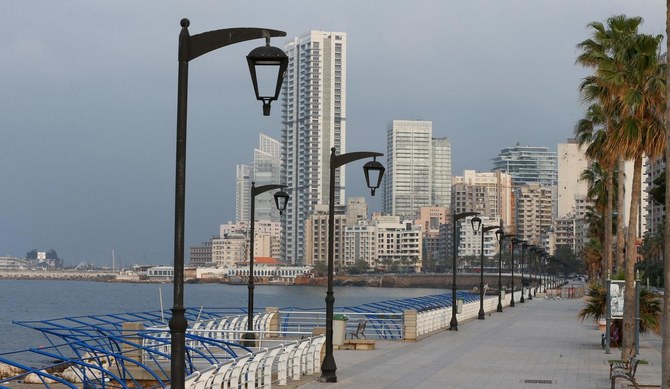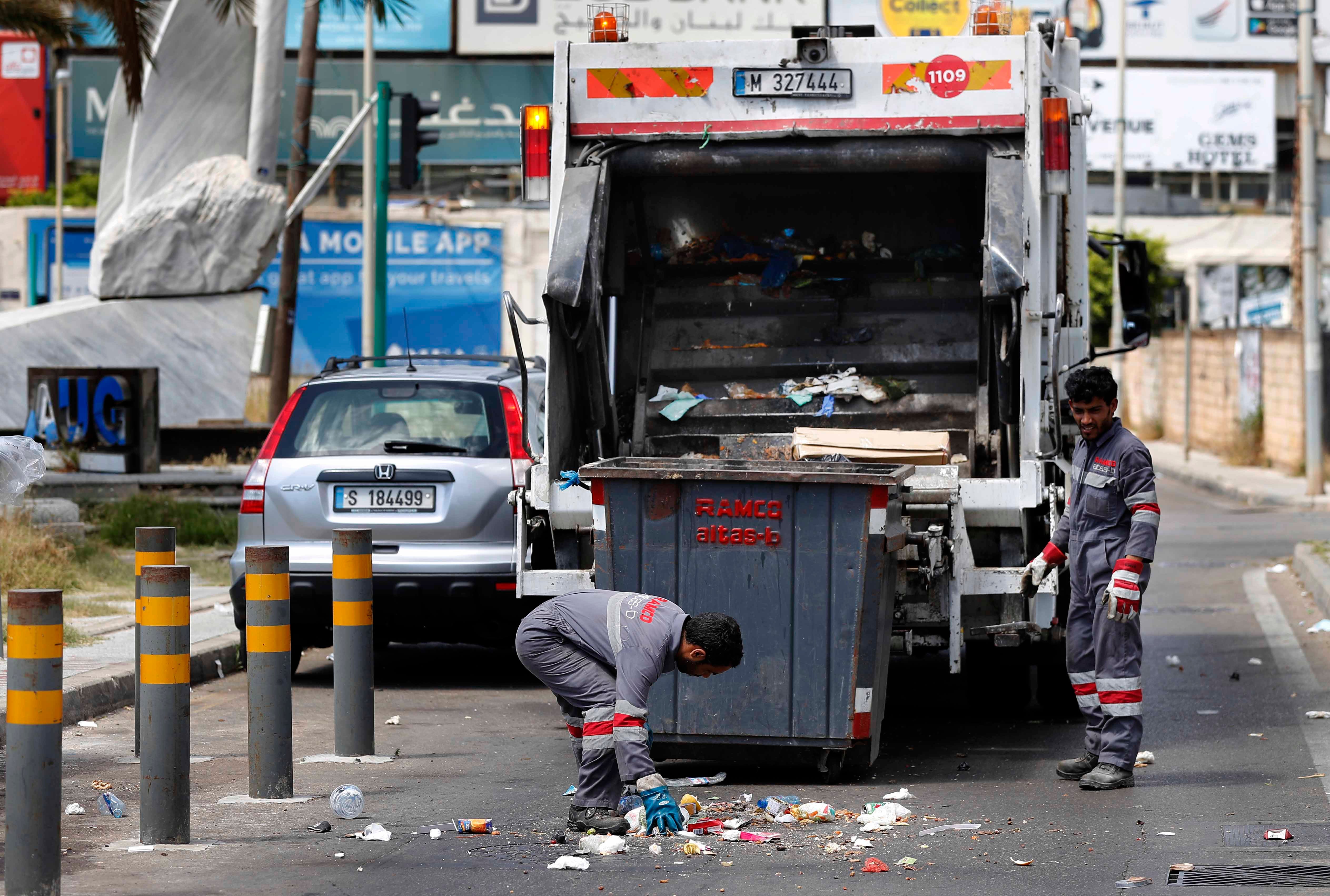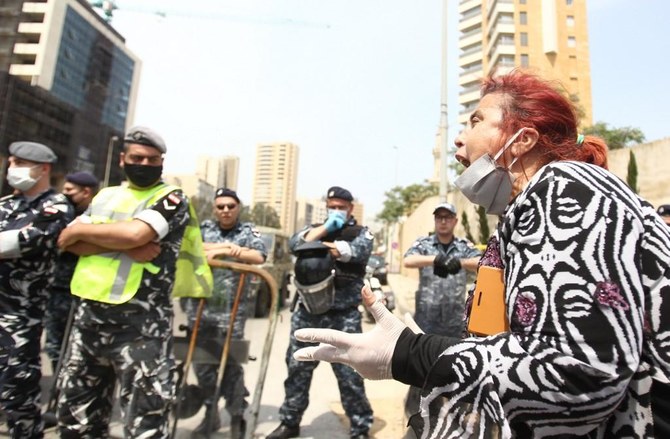
by arabnews.com — NAJIA HOUSSARI — BEIRUT: A prominent member of the Lebanese engineering and construction sector has warned of dire consequences if the industry collapses. Maroun El-Helou, chairman of the Syndicate of Contractors of Public Works and Buildings, said: “The collapse, if it occurs, will directly affect 700 contracting companies, 300 consulting firms, and 15,000 engineers working in companies or as freelancers in the public and private sectors. The collapse will affect 3,000 engineering offices and subcontractors and more than 150,000 administrators, technicians, and workers, in addition to workers in all other construction-related jobs.” El-Helou warned that a collapse could lead to “an exodus of skilled and specialized manpower as well as unemployment and starvation in Lebanon.”
The accumulated amount owed to contractors, engineers and consultants by the Lebanese government is approximately $600 million. El-Helou said: “The irregular payments, plus the lack of a clear roadmap for state action in light of the exceptional conditions that Lebanon is experiencing has put all projects in limbo. This will be directly reflected by the decline of environmental, health and living conditions. The investments and projects will be lost because of the government’s lack of seriousness in dealing with the burning issues.” Most of the projects carried out by contractors under the Council for Development and Reconstruction are related to infrastructure such as roads and water. El-Helou said, “There are 18 projects under construction and we demanded the cancellation of contracts for these projects. The projects are worth about $150 million and were funded locally.

![Lebanese protesters push lines of riot police during the demonstration [Aziz Taher/Reuters]](https://www.aljazeera.com/mritems/imagecache/mbdxxlarge/mritems/Images/2020/6/6/f26bd7f100c047a9a3bfbbdfac1d7848_18.jpg)











